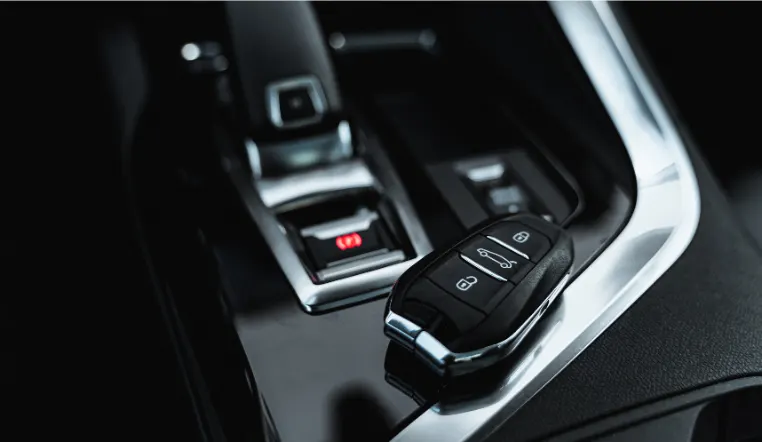Dear Janet:
My father suffered a stroke three months ago. While he is doing remarkably well, I’m not sure how safe he is driving. My mom won’t really talk about it, but I sense she is afraid of his driving since the stroke.
I took a look at their car when I visited their Columbus home last week, and I suspect he is running into things, including the sides of their garage. The car has more than a few bumps and scrapes, and so does the garage.
My mother, believe it or not, never learned to drive. So I think the idea of my dad giving up his car keys is frightening for both of them. I don’t want to overreact and force my dad to turn over the keys, but I also don’t want to wait for something terrible to happen to have this conversation.
Do you have any suggestions that might help me evaluate my Dad’s fitness for driving?
Frances
How to Assess a Senior Loved One’s Fitness for Driving
Dear Frances,
This topic is one so many families struggle with! For most of us, driving often represents independence and freedom. Many older adults view giving up the car keys as not only a loss of independence, but a loss of dignity as well.
A challenge adult children face is how to objectively evaluate a loved one’s safety behind the wheel of a car. While some think age the primary determining factor, there is much more to the issue.
A few important things to consider include:
-
Does your Dad have good range of motion? This is necessary for him to able to turn his head over his shoulder to merge in traffic and to back out of parking spaces.
-
Another issue some stroke survivors face is changes in vision. Since you mentioned the bumps on his car, this might be a problem for him. Having a stroke can affect spatial awareness and depth perception. Both can cause drivers to misjudge distances and have problems parking.
-
Has your father’s primary care physician tested his reflexes? Slow response times can impact his ability to stop quickly or to react to changes in road conditions.
-
You should also take any cognitive changes your father has experienced into consideration. Memory loss and forgetfulness can lead to problems such as getting lost while driving or forgetting to turn off the car.
Should you want to enlist an expert to provide your family with unbiased guidance in making this determination, there are a few local resources you can turn to for help:
-
OSU Wexner Medical Center has an Occupational Therapy Driving Rehabilitation program. Licensed therapists can evaluate your father’s driving and decide if there are steps he can take to improve it or if it is time to leave the driving to someone else.
-
Grady Memorial Hospital’s D.R.I.V.E. program is another expert resource to consider. Their comprehensive evaluation services and educational tools might be just what you need to feel confident making a decision.
If you decide it is time for your father to hang up his keys for good, it is important that you have a list of senior-friendly transportation options in Columbus for your parents to use before you tackle the conversation.
I hope this information is helpful, Frances! Best of luck to your family as you grapple with this decision.
Janet McNaughten
Stroke Coordinator, Mount Carmel


